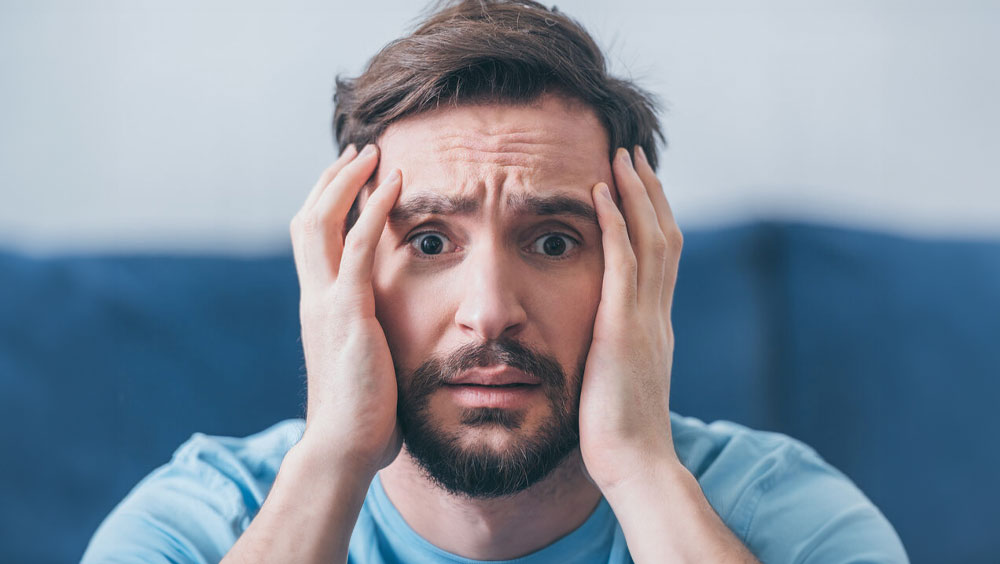Anxiety is a multifaceted emotion that affects countless individuals worldwide, often characterized by feelings of unease, worry, or fear. While its roots can be traced to a diverse range of physiological and environmental factors, uncovering these underlying triggers is crucial for developing effective management strategies. This article delves into some unexpected causes of anxiety, shedding light on the profound impact that factors such as low testosterone levels, dehydration, allergies, creatine supplements, vitamin deficiencies, and mold exposure can have on mental well-being. By broadening our understanding of these intricate relationships, we can better equip ourselves to address and alleviate the anxiety that permeates many aspects of our lives.
Can Low Testosterone Cause Anxiety?
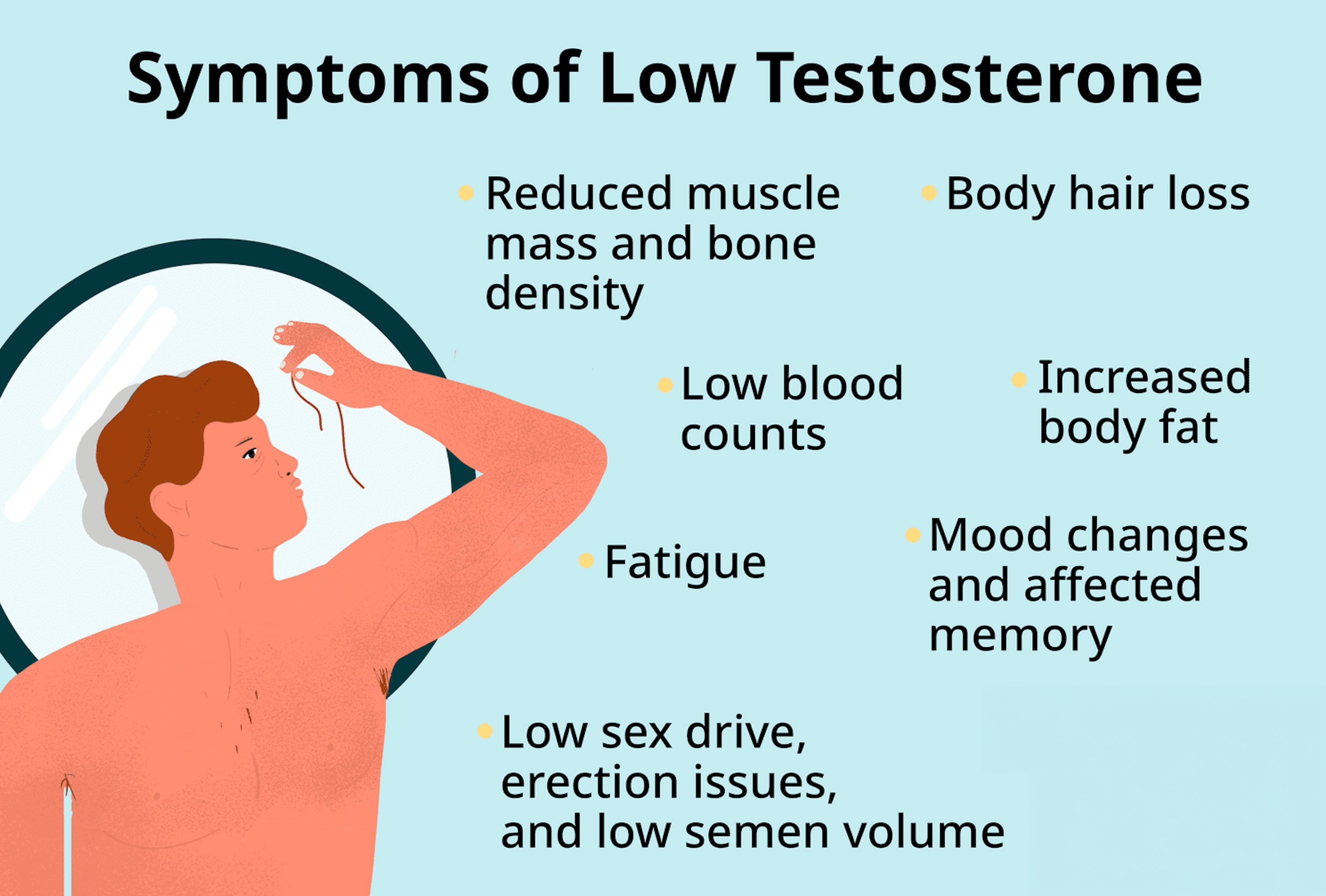
Emerging research underscores the importance of testosterone in not only physical health but also mental well-being. While traditionally associated with male health, testosterone plays a crucial role in women’s health as well, further highlighting its significance. Low testosterone, or hypogonadism, can unsuspectingly manifest in various ways including mood disturbances like anxiety. By influencing serotonin production, testosterone levels are intricately linked to emotional stability. This biochemical interplay suggests that sudden or gradual declines in testosterone might exacerbate feelings of unease or heightened anxiousness. Although more studies are needed to thoroughly understand the scope and mechanisms of this relationship, integrating hormone assessments into mental health evaluations could open new avenues for treatment. Personalized approaches that consider hormonal balance, alongside other therapeutic strategies, may provide a more comprehensive solution for those grappling with anxiety and enhance overall quality of life..
Does Dehydration Cause Anxiety?
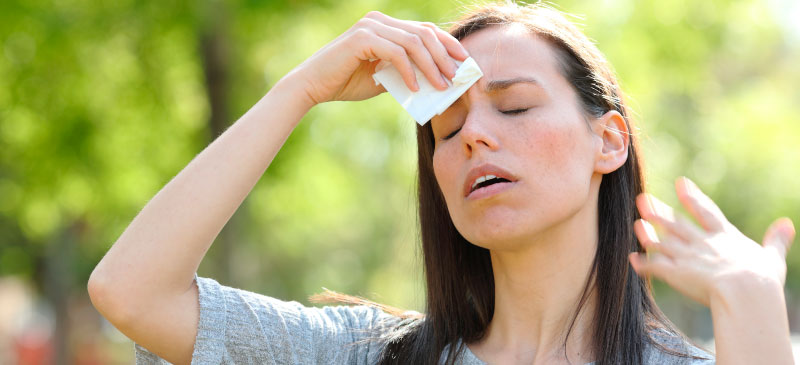
Research indicates that the body's water balance plays a pivotal role in maintaining both physical and mental health, with even slight dehydration having the potential to impact psychological well-being. The brain, being highly sensitive to fluctuating hydration levels, can experience increased cortisol production as a response to insufficient fluid intake. This stress hormone is intimately linked with the body's fight-or-flight response, and elevated levels can heighten feelings of anxiety and stress. Therefore, ensuring adequate hydration is a simple yet effective strategy to support mental health. By providing the brain and body with sufficient water, individuals may experience improved mood stability, enhanced concentration, and an overall sense of calm, demonstrating that staying hydrated is as crucial for the mind as it is for the body..
Can Allergies Cause Anxiety?
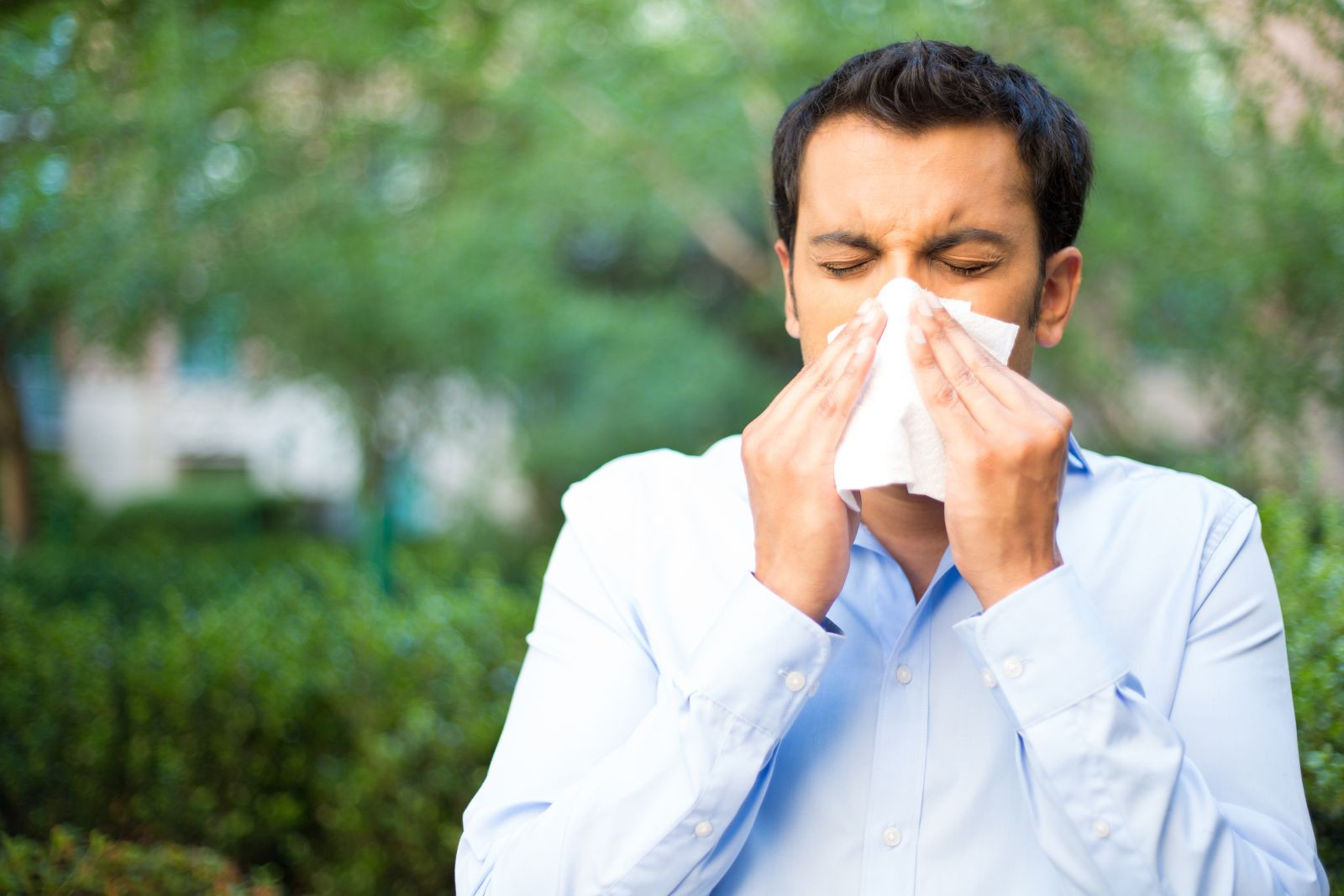
The relationship between allergies and anxiety is a complex interplay that is gaining attention within the scientific community. While allergies are primarily known for causing physical symptoms such as sneezing, itching, and congestion, their impact on mental health is becoming more evident. When the immune system releases histamines during an allergic reaction, these compounds do not just cause inflammation but also have the potential to affect neurotransmitters, leading to heightened anxiety or mood disturbances. Furthermore, the relentless burden of controlling allergy symptoms—especially during peak seasons—can create a persistent state of stress and hyper-vigilance in individuals. This ongoing worry and the potential for unpredictable allergic episodes can exacerbate anxiety conditions, creating a cycle where anxiety and allergies feed into each other, complicating management and treatment strategies. Understanding this connection can be crucial for developing more holistic approaches to both allergy and anxiety management, potentially incorporating stress-reduction techniques alongside traditional allergy treatments..
Can Creatine Cause Anxiety?

While creatine remains a staple in the regimen of bodybuilders and athletes for its benefits in boosting strength and muscle mass, questions about its psychological effects, such as whether it can cause anxiety, continue to prevail. Creatine is generally considered safe, with the majority experiencing its positive physical enhancements without adverse effects. However, it's crucial to recognize that everyone’s body chemistry is unique, and what works for one may not work for another. In sensitive individuals, particularly those prone to anxiety or mood disorders, excessive creatine intake could potentially disrupt neurotransmitter balance, leading to mood swings or heightened anxiety levels. Therefore, it is essential for users to remain vigilant about their mental well-being while supplementing with creatine. Observing changes in mood and promptly consulting healthcare professionals can ensure safe and effective use of the supplement. Additionally, maintaining a balanced lifestyle that includes a healthy diet, adequate sleep, and stress management practices can help mitigate potential side effects and support overall mental health..
Can A Deficiency In Vitamins Cause Anxiety?
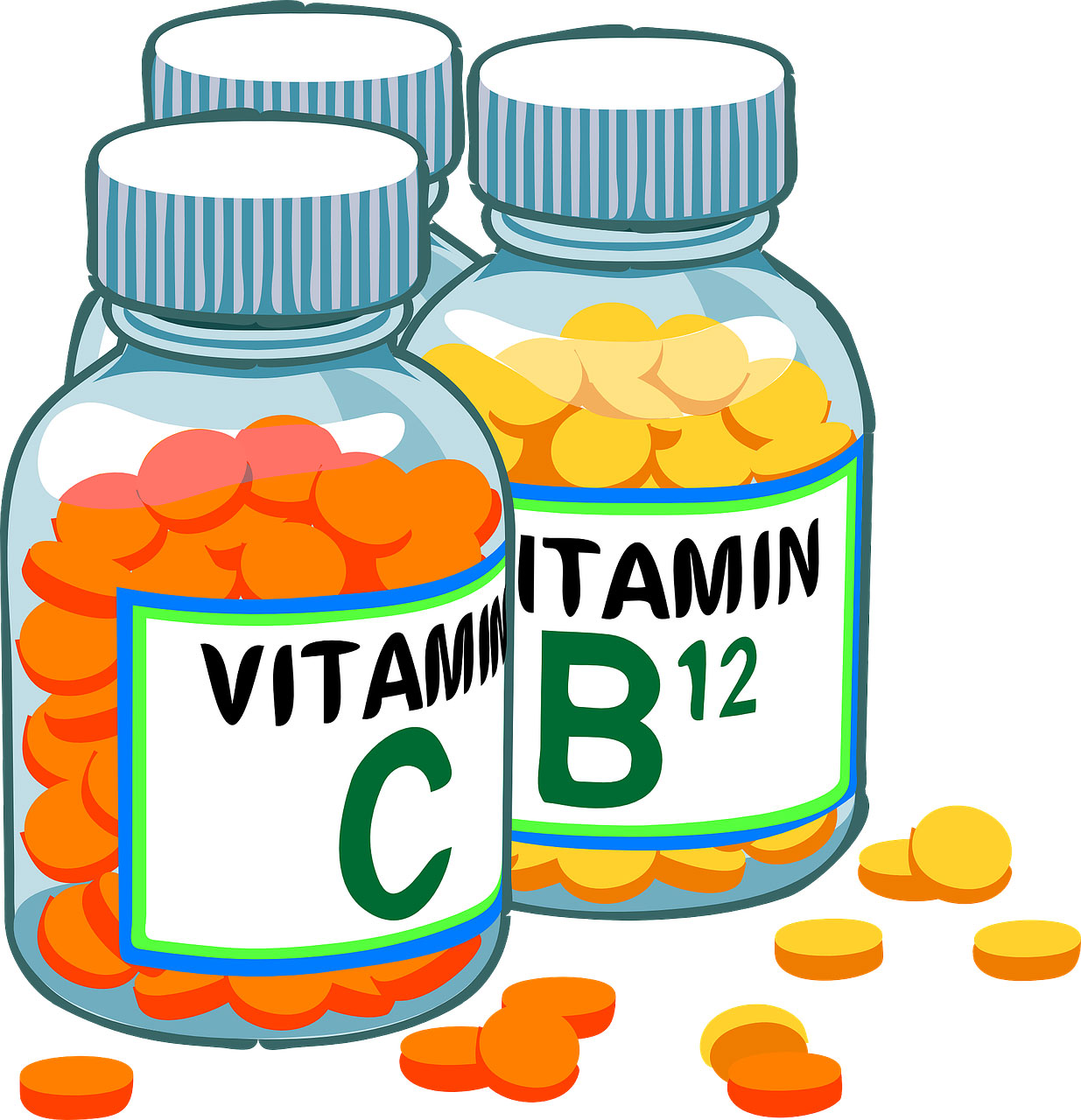
Our mental well-being is intricately connected to the nutrients we consume, and vitamins play a pivotal role in maintaining this balance. Deficiencies can disrupt the delicate equilibrium of neurotransmitters, chemicals in the brain responsible for mood regulation. For instance, Vitamin D, often obtained from sunlight, influences serotonin production, a key mood-stabilizing neurotransmitter. Vitamin B12 and folate are essential for the production of other neurotransmitters like dopamine and norepinephrine, which affect energy levels and stress response. When these vitamins are lacking, our neurological systems may falter, manifesting as heightened anxiety or depressive symptoms. Addressing these deficiencies through a balanced diet rich in leafy greens, eggs, fish, and fortified grains, or through guided supplementation, can bolster mental resilience and improve overall psychological health. Regular consultations with healthcare professionals can further tailor these nutritional strategies to individual needs, allowing for a proactive approach to mental health..
Can Mold Cause Anxiety?
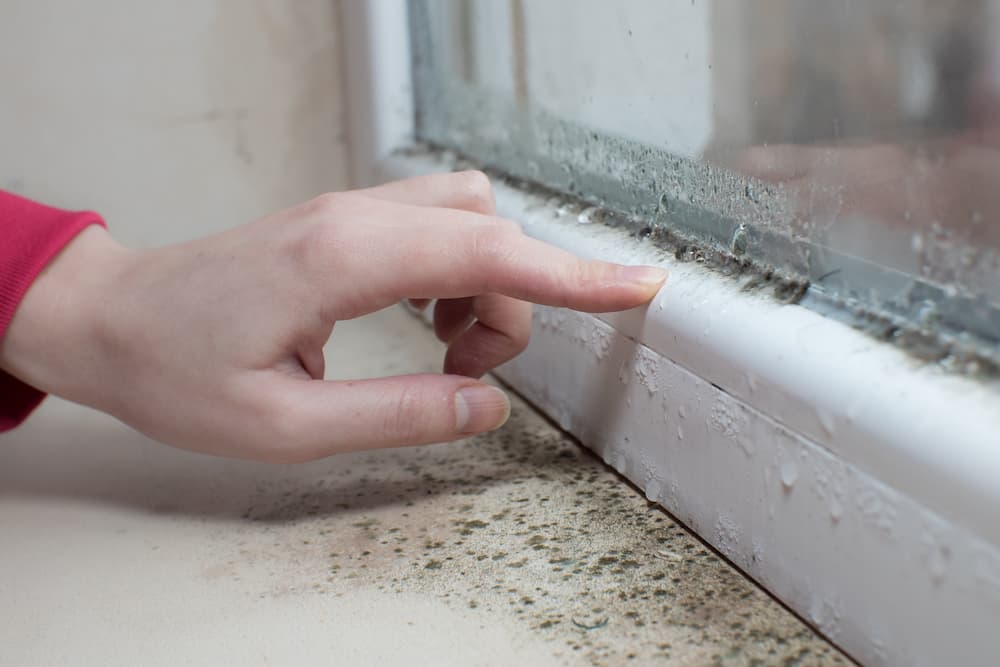
In addressing the potential link between mold exposure and anxiety, it's important to understand the broader implications mold has on overall health. Mold spores, when inhaled, can trigger allergic reactions and respiratory issues, but the lesser-known effects can extend into the realm of mental health. Mycotoxins, the toxic byproducts released by certain types of mold, can penetrate the body's defenses and reach the central nervous system, potentially interfering with neurotransmitters and brain function. This disruption may contribute to the onset or worsening of psychiatric symptoms, including anxiety and depression. Therefore, identifying and mitigating mold exposure in living and working environments is not just crucial for physical health, but also for maintaining mental well-being. This underscores the necessity of regular inspections and appropriate remediation strategies in buildings, particularly in humid or water-damaged environments where mold is more likely to thrive. Such preventative measures can play a vital role in safeguarding both physical and mental health..
In conclusion, anxiety is a complex condition influenced by a myriad of factors, each requiring careful consideration to ensure effective management. By identifying specific triggers such as hormonal imbalances, dehydration, allergies, dietary choices, vitamin deficiencies, and environmental toxins, individuals can take proactive steps towards alleviating their symptoms. Partnering with healthcare professionals can offer personalized insights and strategies, empowering those affected to navigate their anxiety with greater confidence and control. This holistic approach not only fosters a deeper understanding of one's health but also promotes a more balanced and fulfilling life.

